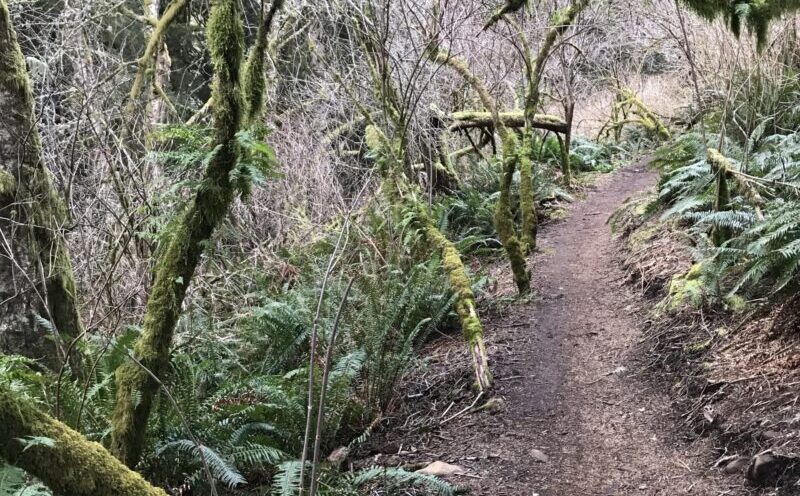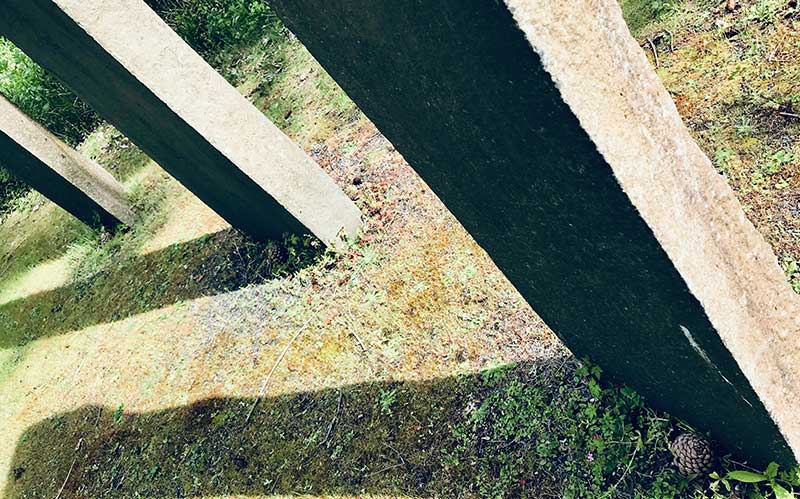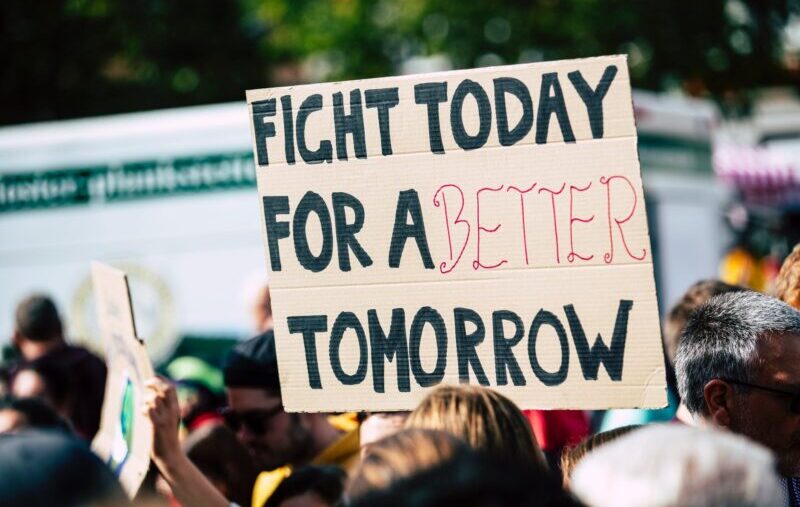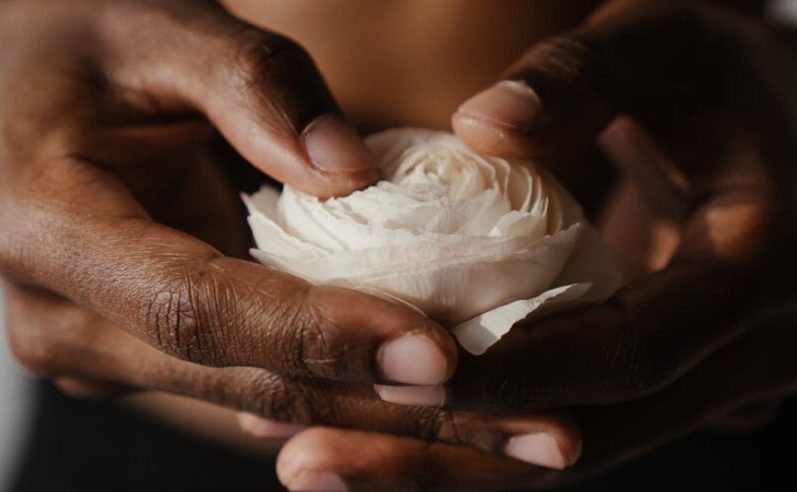There’s a pretty good reason we don’t drive around in Model T’s, listen to music through phonographs, talk to one another on “party lines,” use wooden golf clubs or tennis rackets, or plow the field with a horse.
We don’t do those things or use those things anymore because we figured out a better way.
Of course, we didn’t figure it out all at once. A lot of people stuck with the horse and buggy, didn’t have a telephone installed or purchase a TV, and refused to play with aluminum rackets or steel golf clubs. A lot of people held out until the model was “proven” and even then resisted making the change.
Change does not discredit the value of what came before. It acknowledges that people who care about what came before – be it in transportation, communication, crop yield or play – have a vested interest in improving upon that experience. And that interest, under the best circumstances, cultivates a spirit of curiosity and learning that moves things forward.
This applies to the human experience as well. As a teenager I was a raw jumble of energetic passions expressed through choir, musical theater, student government, athletics, pep rallies, you name it. I once bought a bicycle so I could compete in a bike race. I rode in the race and never got on the bike again. I was trying things out and it was a lot of fun. But as growing up will do, I bumped up against the larger world and learned that my widespread passions needed to be refined and directed in order to become something I could rely on.
I could look back at that time of my life critically and say that there was a foolish kid who didn’t know what he wanted or how to get it. Or, I could look back and say that I was exactly right for that time and place in my development and learning. If I had gotten stuck there and never figured out how to become more than a hummingbird of flower-to-flower exploration, I would not have lived into the possibility of my future self.
But I didn’t get stuck. I figured out how to live into that possibility and most definitely not in a linear or steady way. It was bumpy, jagged, backwards and tear-filled. I was not an “early adopter” of my own experience! It was a long letting go of what once had been in order to make space for what might be. But it happened, and continues to happen as I continue to decide to learn and grow.
We need where we’ve been to remind us that growth is always possible. That learning is always available. And that change is the natural human condition.
DAVID BERRY is the author of “A More Daring Life: Finding Voice at the Crossroads of Change” and the founder of RULE13 Learning. He speaks and writes about the complexity of leading in a changing world. Connect with him on Twitter at @berrydavid.




